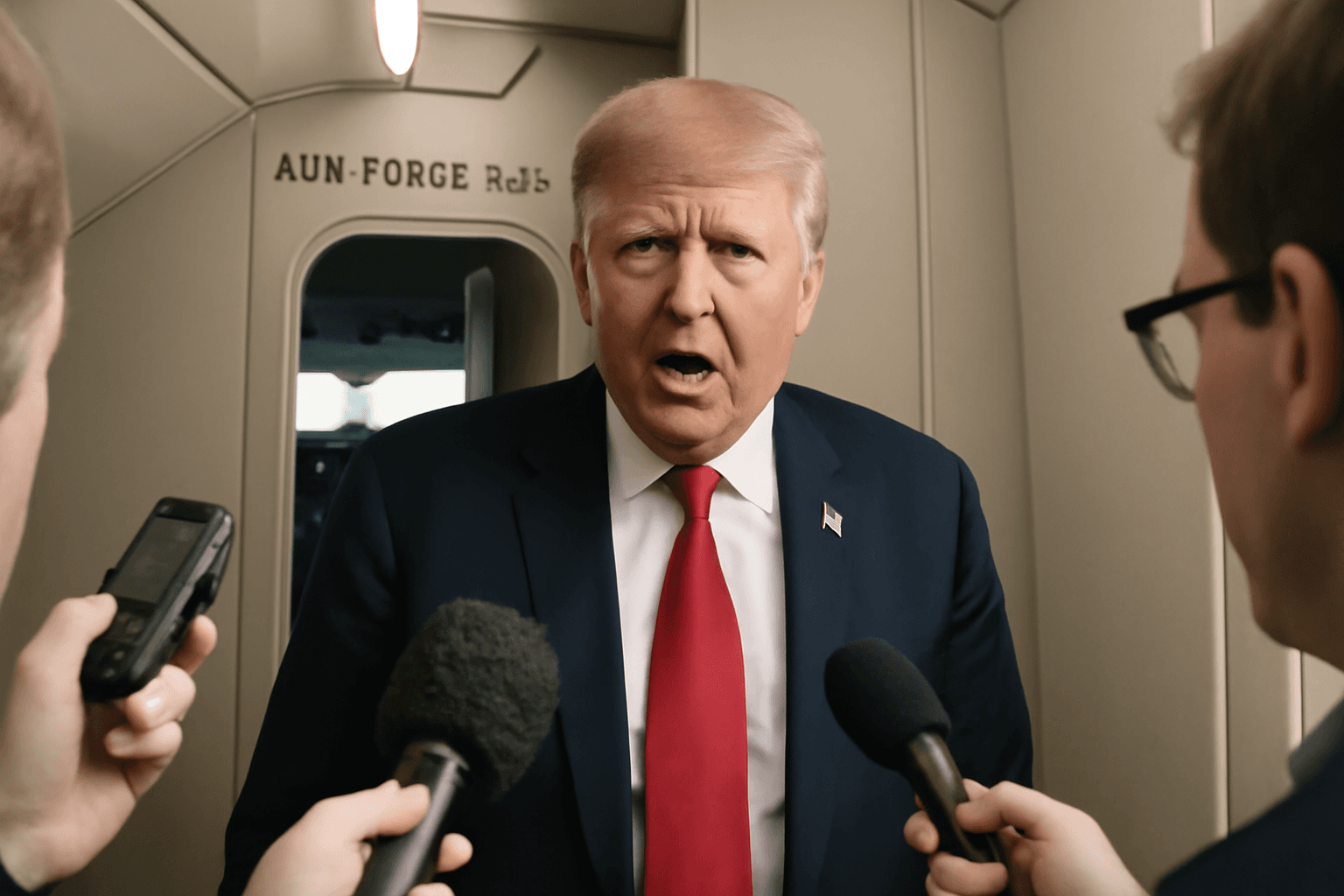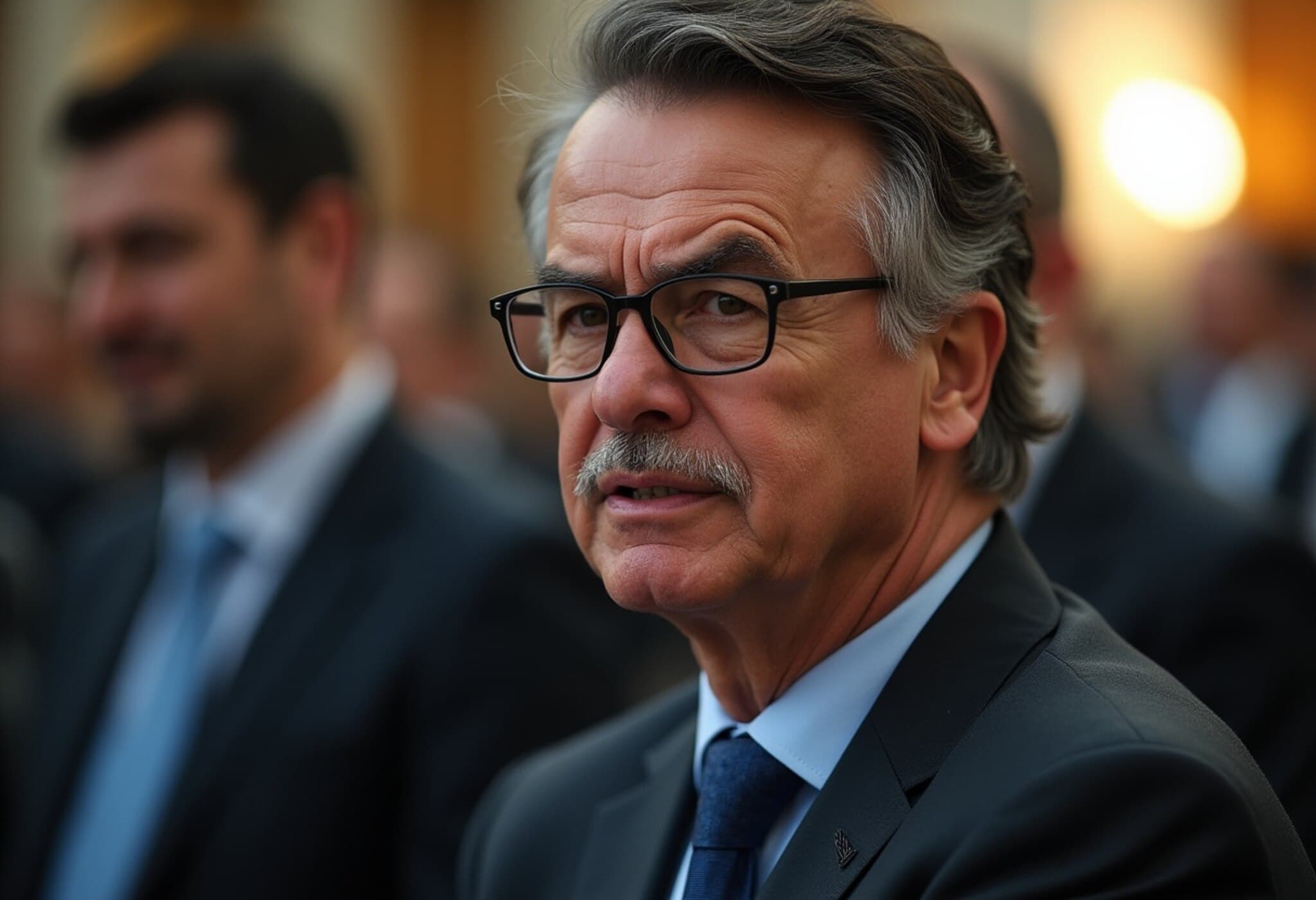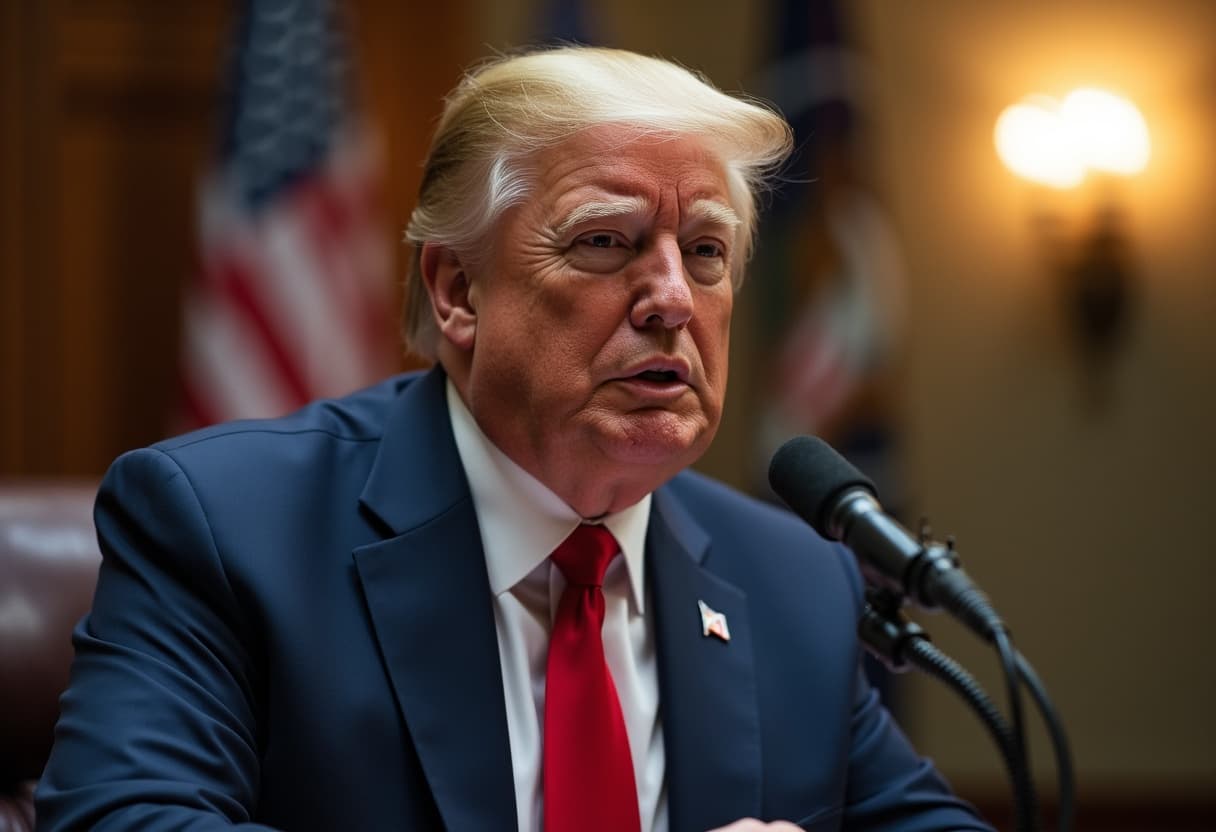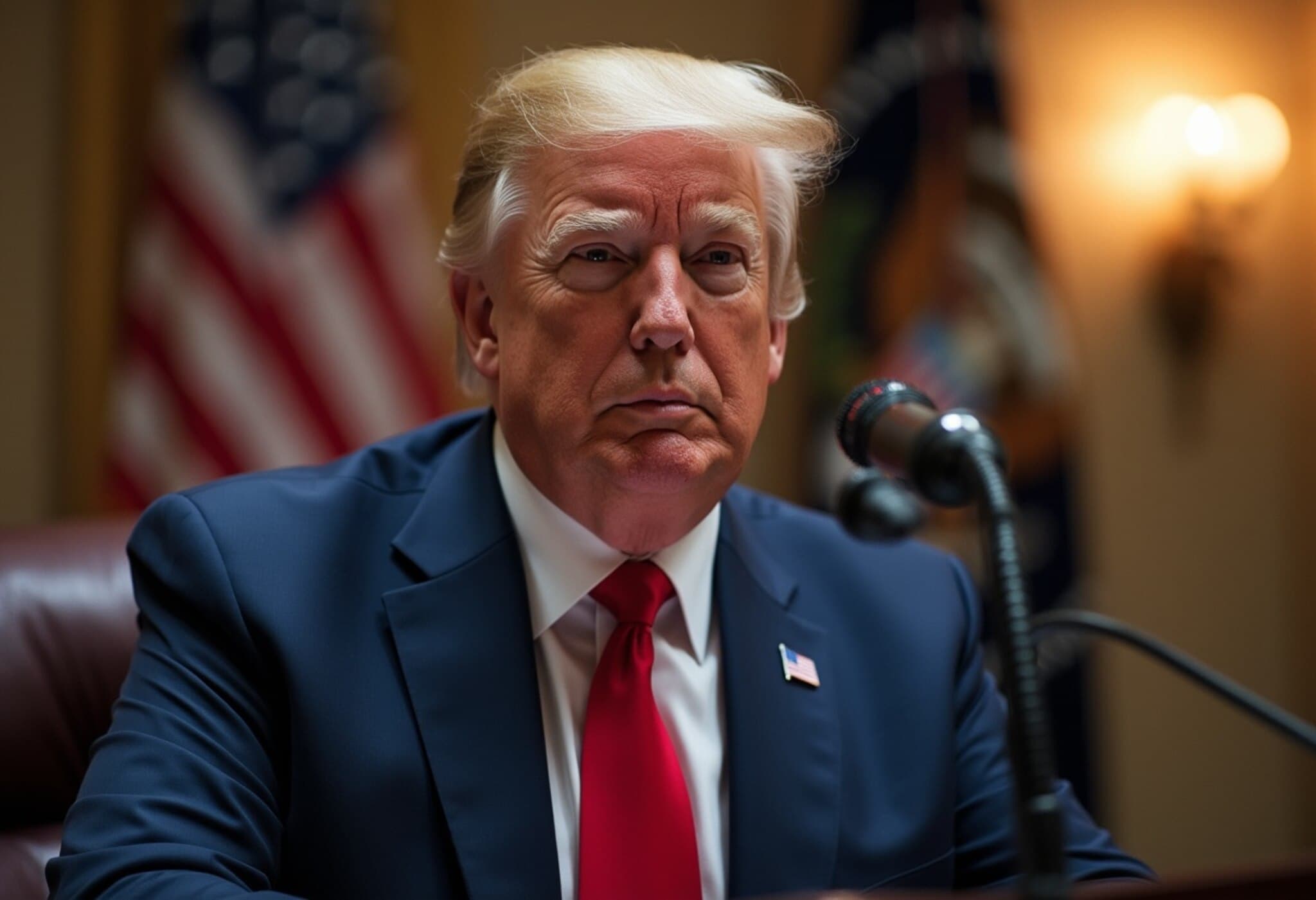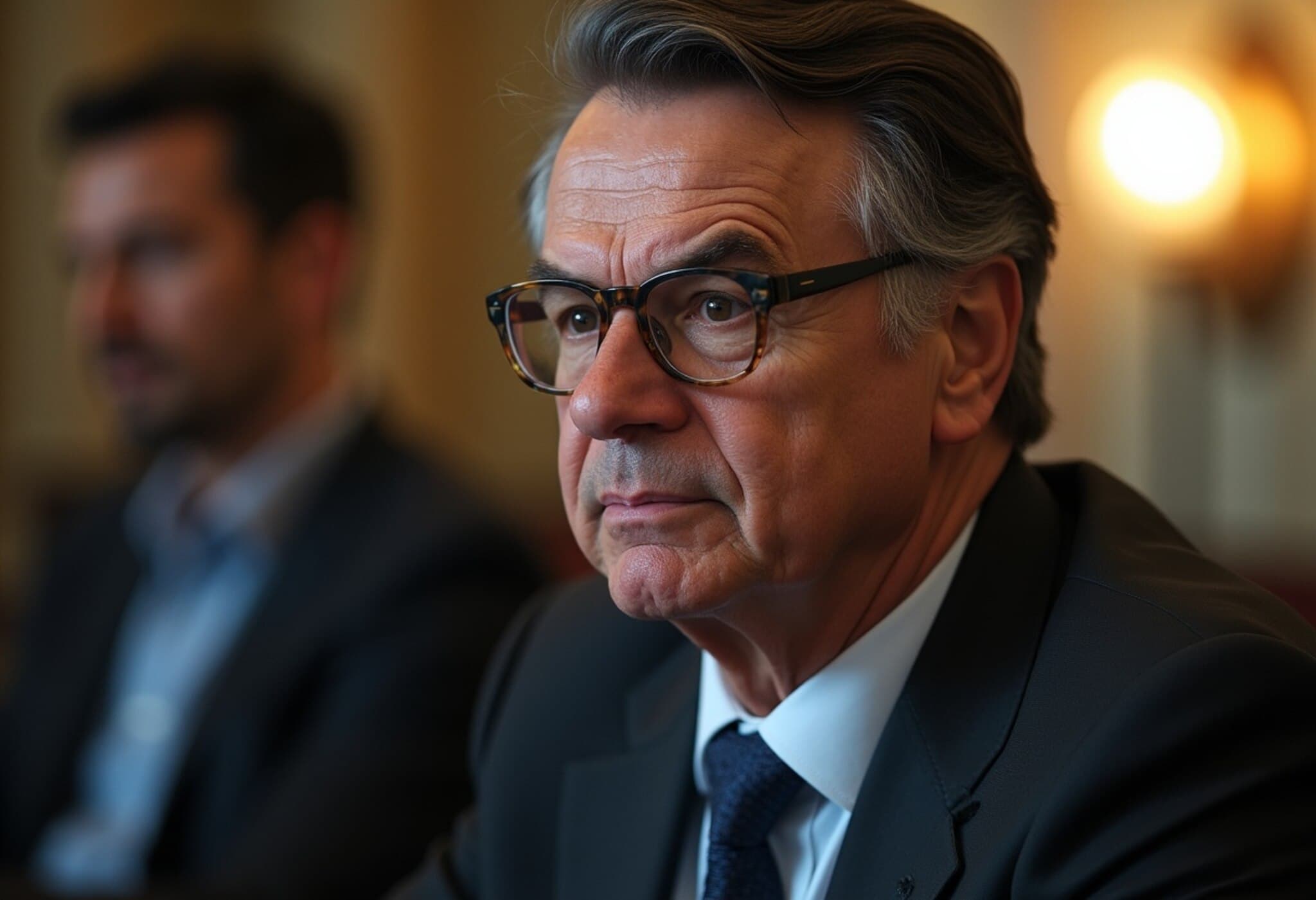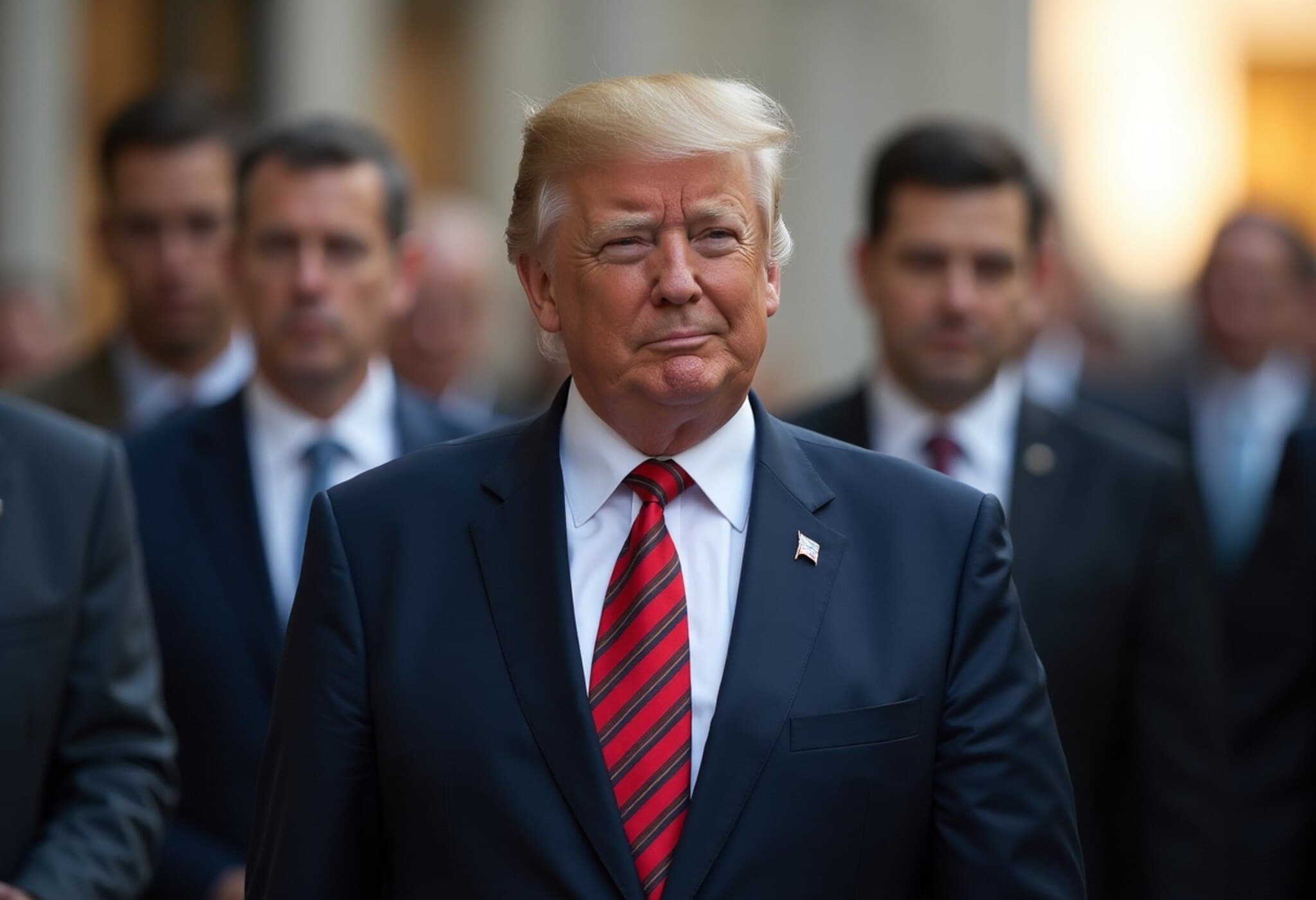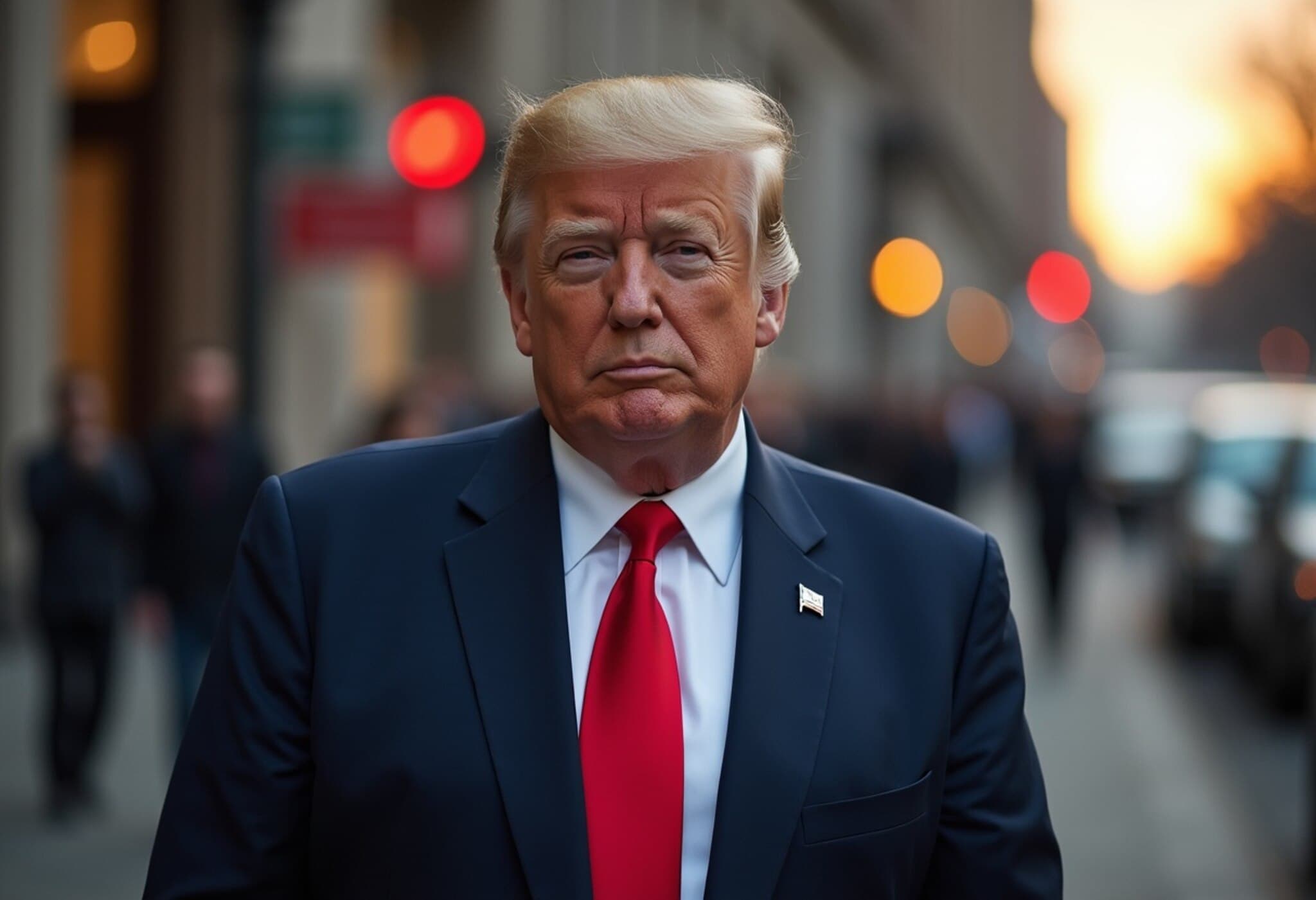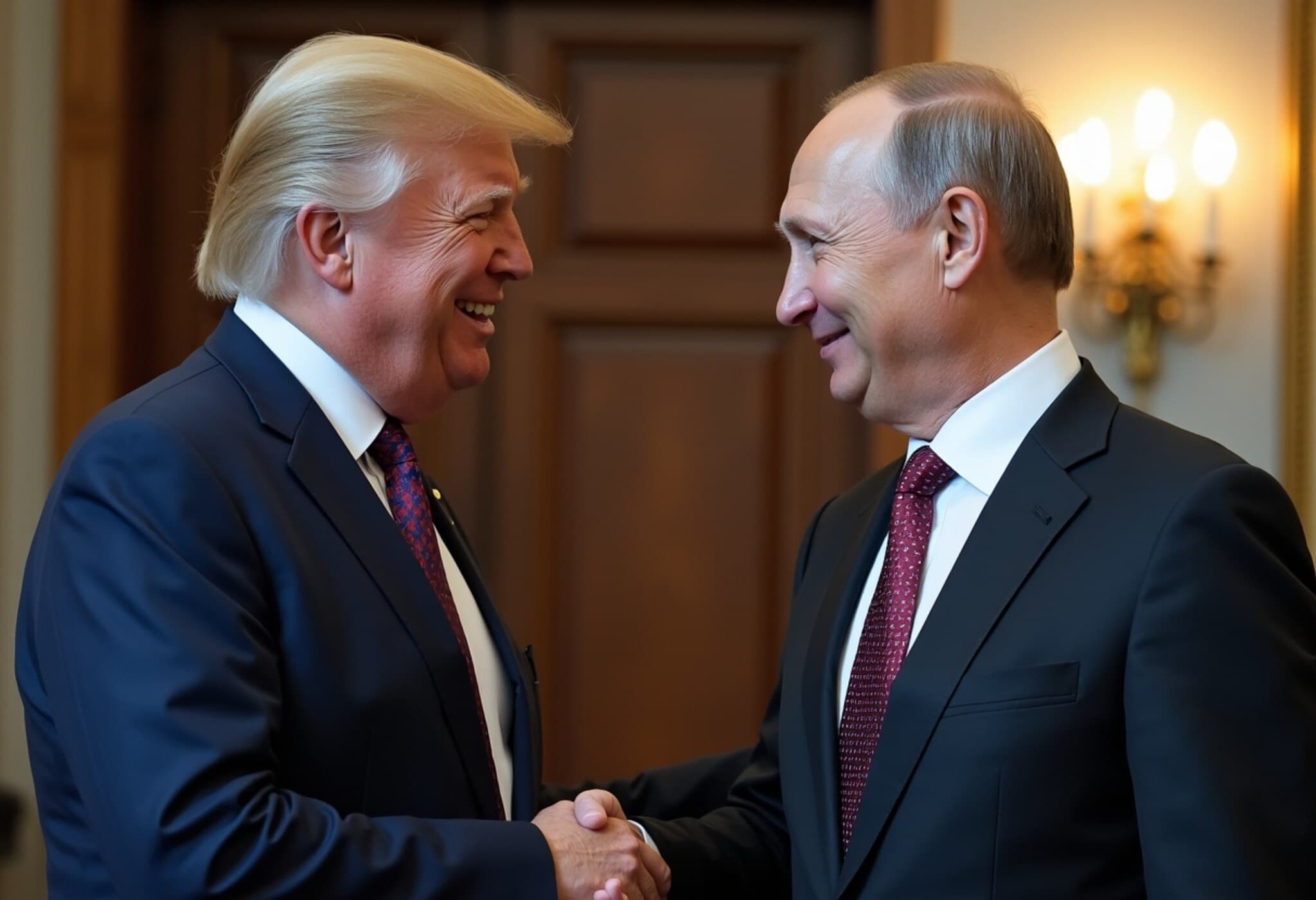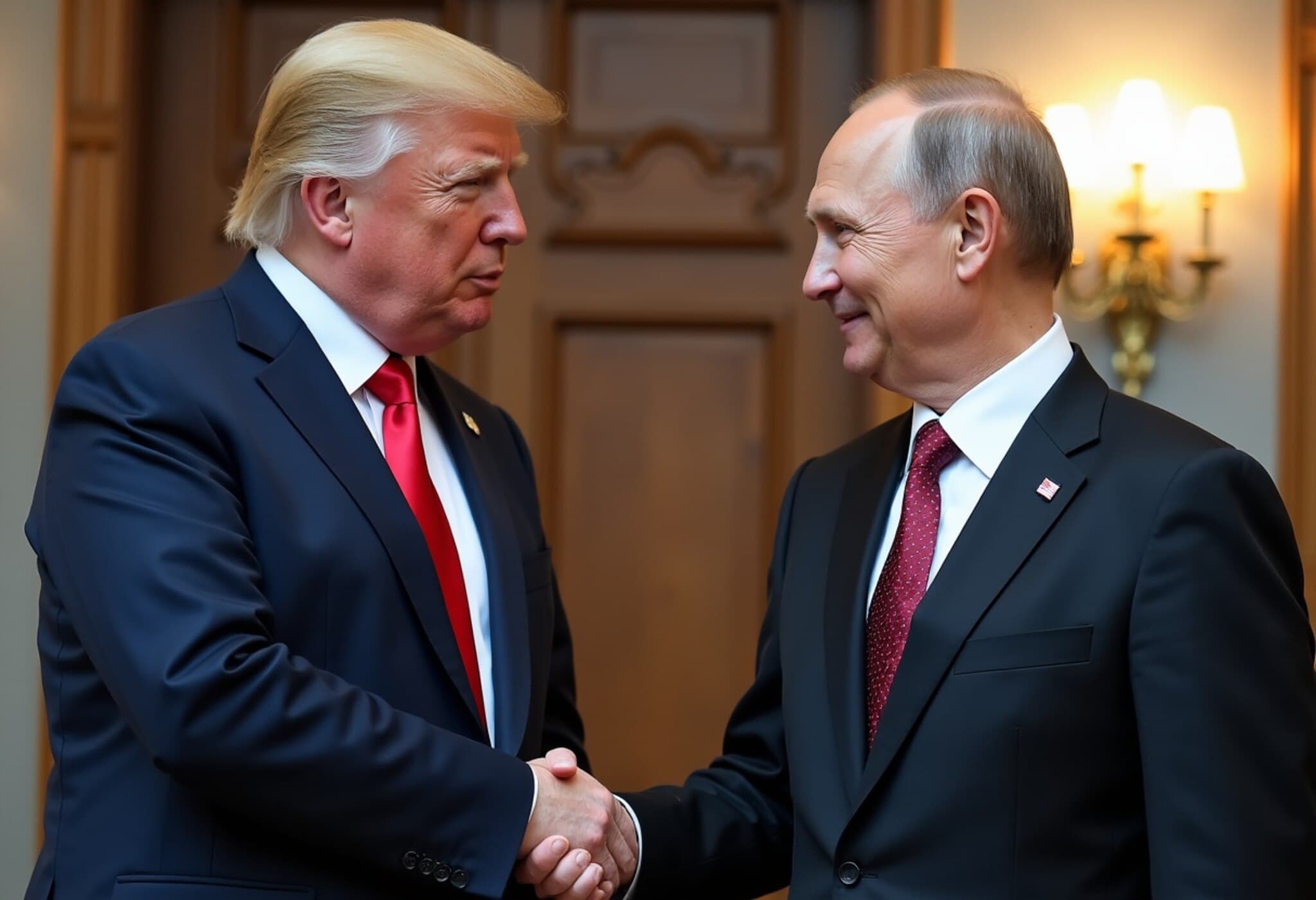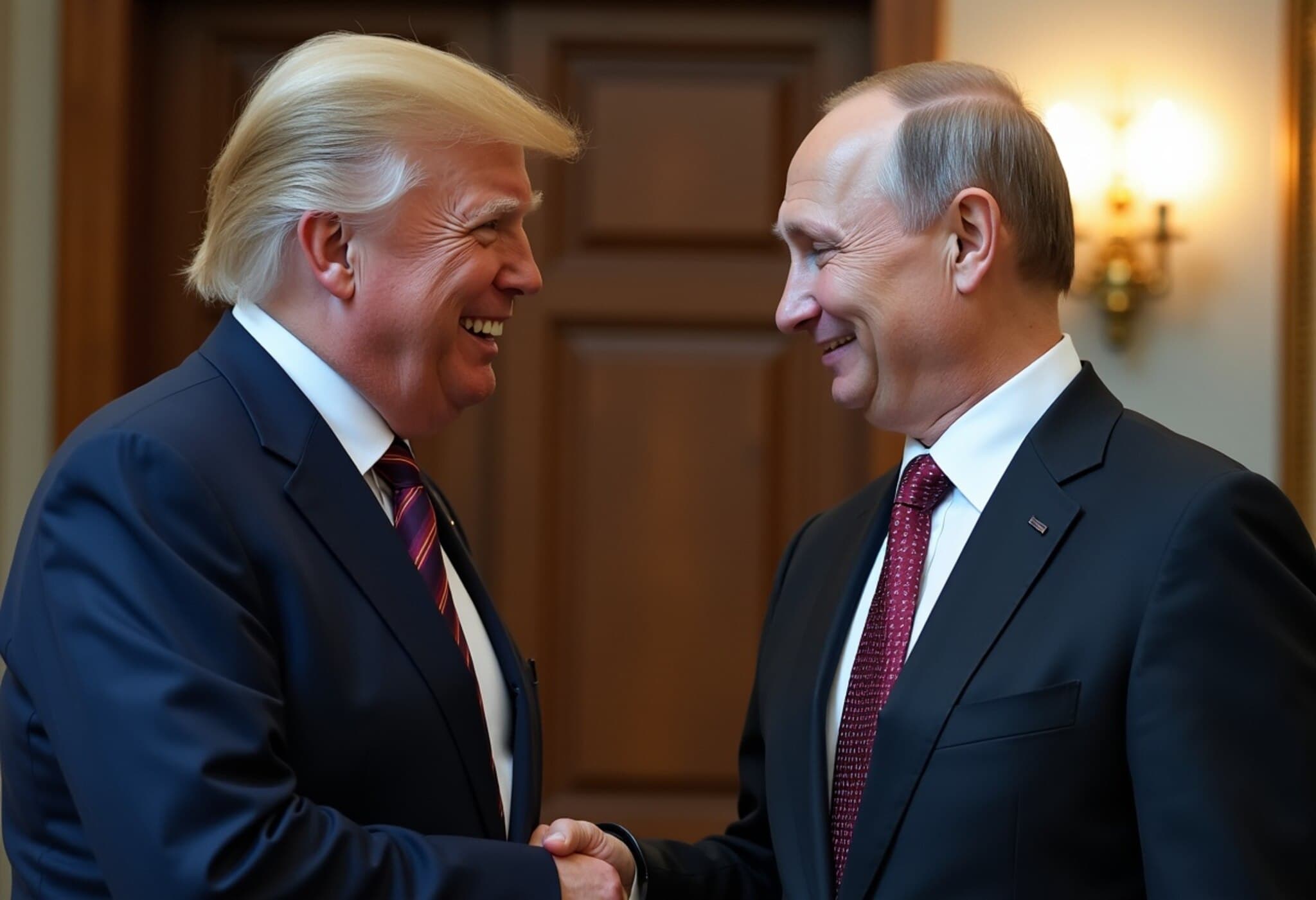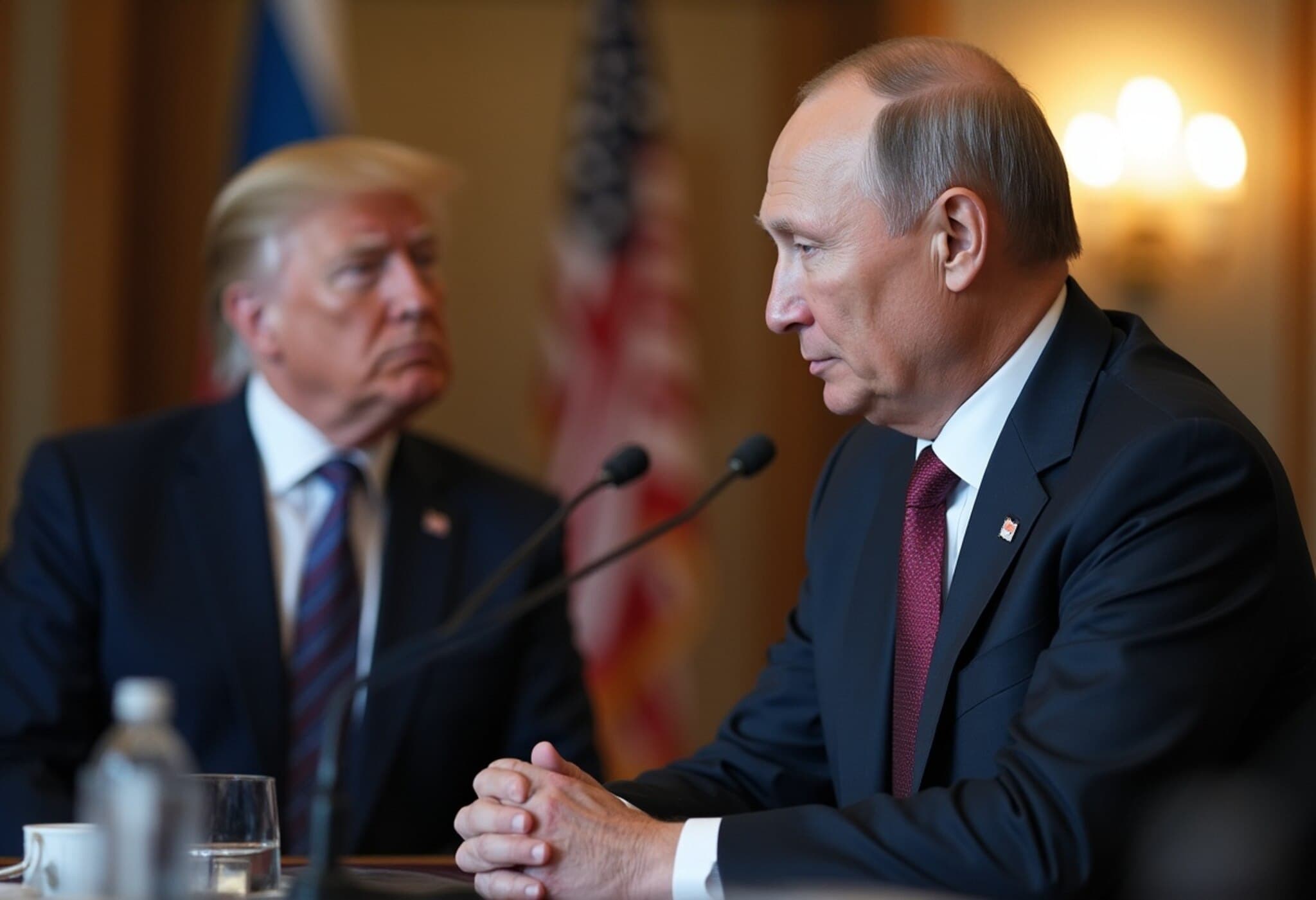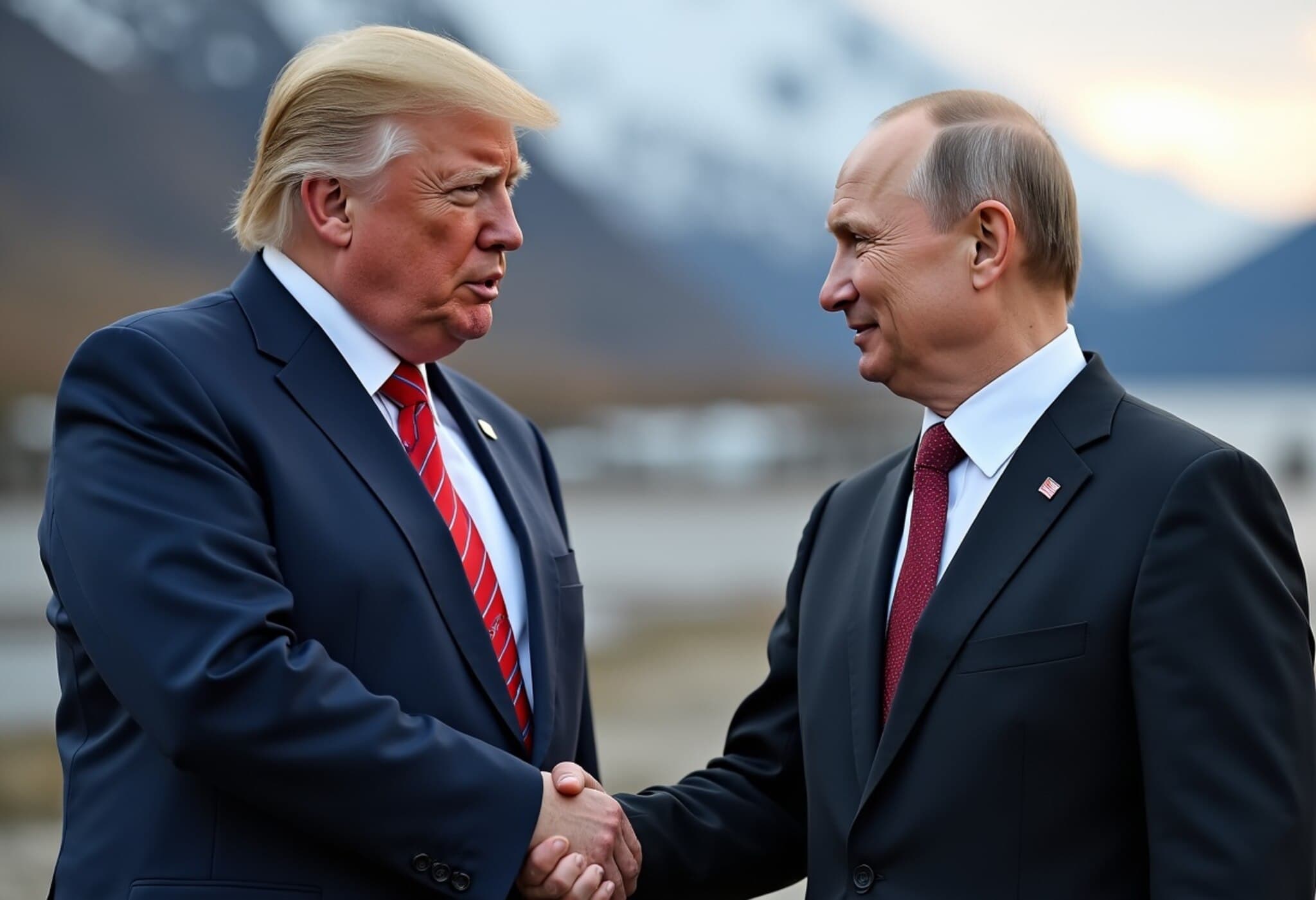Trump Affirms No Role in Ukraine Negotiations Despite Rising Tensions
On August 15, 2025, during a press opportunity aboard Air Force One, former President Donald Trump emphatically stated, "I'm not here to negotiate for Ukraine," addressing questions about Russia’s persistent military aggression in Ukraine. His remarks underline a continued reluctance to engage directly in diplomatic efforts on behalf of Kyiv amid one of the most pressing geopolitical crises in recent history.
Contextualizing Trump’s Stance Within U.S. Foreign Policy
Trump's assertion provides a window into the complexities of America’s role in the Ukraine conflict. Since Russia's invasion began, U.S. administrations have grappled with balancing military aid, diplomatic pressure on Moscow, and broader implications for NATO and European security. This statement signals a clear distancing from direct negotiation roles, aligning with Trump's longstanding emphasis on a more transactional and America-first approach to international conflicts.
Expert Insight: What This Means for Ukraine and U.S. Strategy
Dr. Emily Ross, a senior analyst at the Center for Strategic and International Studies, comments, "Trump’s explicit refusal to negotiate on Ukraine’s behalf may reflect concerns over entangling the United States too deeply in foreign conflicts without clear benefits. However, it also raises questions about the potential vacuum this leaves for diplomatic leadership when global tensions call for it."
Indeed, the United States has supplied billions in military aid to Ukraine, but high-profile statements like these reveal potential fractures in the continuity of support, especially as domestic political debates intensify.
The Broader Implications for Regional Stability
Observers note that ambiguity or hesitance from key international players can embolden aggressors. Russia benefits from a fragmented Western response; the refusal of prominent U.S. figures to engage in negotiation may signal weaknesses to Russian strategists.
- Diplomatic challenges: Lack of a unified front hampers effective peace talks.
- Military consequences: Potential prolongation of conflict with devastating humanitarian costs.
- Economic ripple effects: Continued instability disrupts global markets and energy supplies.
Underreported Perspectives: The Human Dimension
Often lost in the high-level geopolitics is the profound impact on everyday Ukrainians, whose lives are caught in this geopolitical tug-of-war. With over 15 million displaced and thousands of civilian casualties, the stakes transcend diplomatic rhetoric.
As public attention shifts globally, it's crucial to remember that behind every negotiation or statement lies a nation seeking security and survival.
Looking Ahead: Questions Raised for Policymakers
Trump’s statement invites deeper reflection on how the U.S. balances its strategic interests with moral imperatives. Key questions for policymakers include:
- What role should America realistically play in conflict resolution in Ukraine moving forward?
- How can diplomatic efforts be unified across political divides to ensure consistent foreign policy?
- What mechanisms can effectively deter further aggression without escalating conflicts?
Editor's Note
Donald Trump's recent declaration highlights not only his personal political stance but also the broader challenge the U.S. faces amid an evolving global crisis. As the Ukraine conflict continues to influence international relations, it becomes imperative for analysts and citizens alike to critically evaluate how America’s foreign policy decisions reverberate beyond headlines—impacting diplomatic credibility, global stability, and most importantly, human lives caught in the crossfire.

